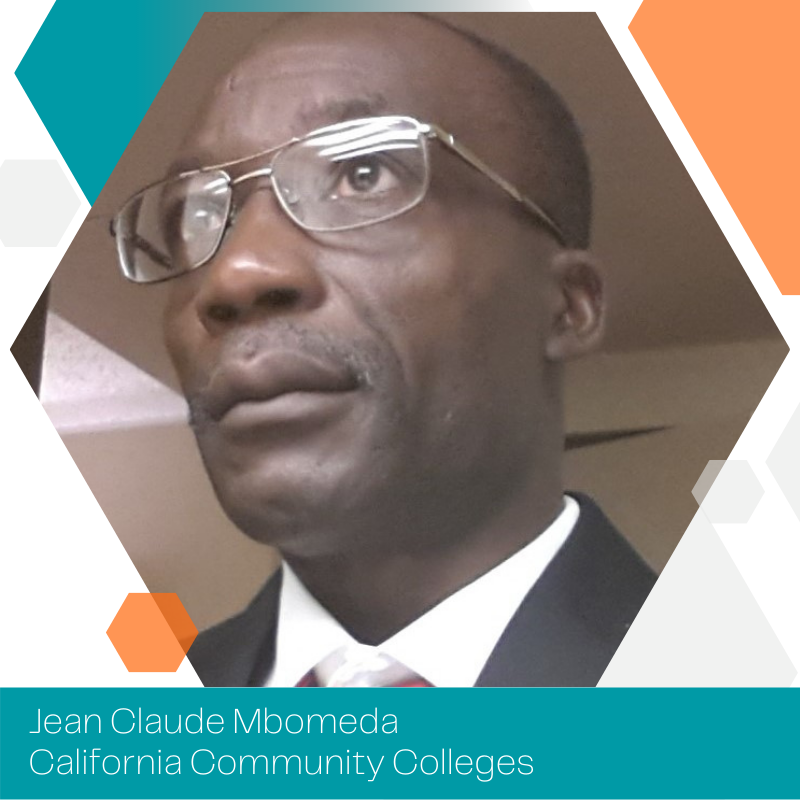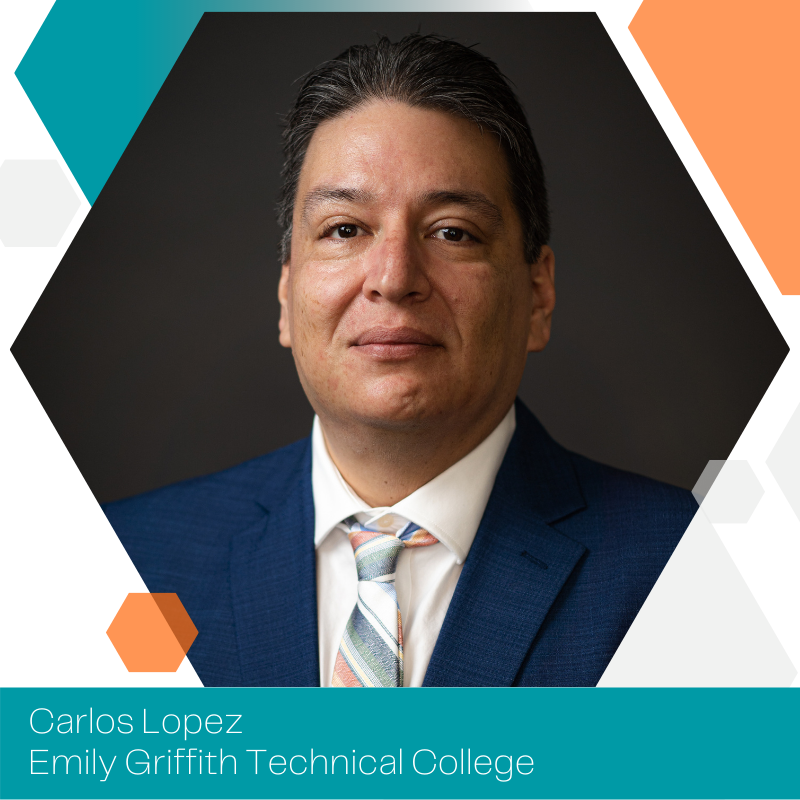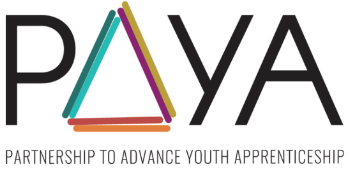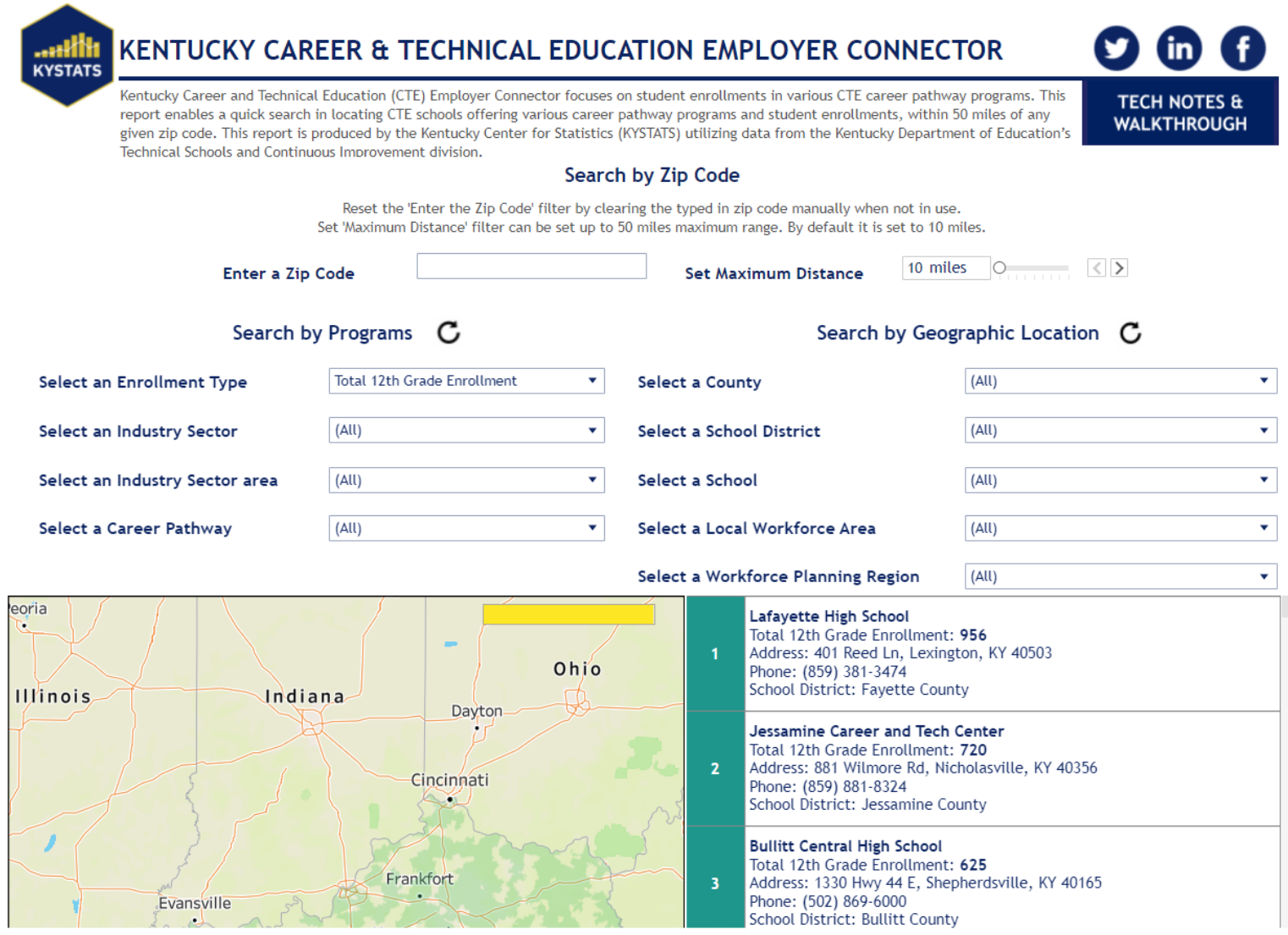Over the last two weeks Congress has continued to debate Fiscal Year 2022 (FY22) appropriations as the Senate advances a key Career Technical Education (CTE) nominee out of committee. In addition, the U.S. Treasury Department (Treasury) issued a final rule for $350 billion in coronavirus pandemic aid to states and localities, while other federal agencies make important announcements related to broadband funding, updated guidance for postsecondary institutions, new discretionary grant priorities, and efforts to overhaul higher education regulations.
 Lawmakers Still Seeking a Path Forward on the Fiscal Year 2022 Budget
Lawmakers Still Seeking a Path Forward on the Fiscal Year 2022 Budget
Last autumn, Congressional lawmakers were unable to find agreement on full-year funding for FY22 which began on October 1, 2021. Since that time, Congress has passed a series of short-term funding extensions of current fiscal year 2021 funding levels to continue federal government operations past this date. The most recent of these measures, known as a continuing resolution (CR), is set to expire on February 18. To avert a government shutdown and lapse in appropriations for programs like the Strengthening Career and Technical Education for the 21st Century Act (Perkins V), lawmakers have continued to negotiate a longer-term funding package to cover the remainder of FY22.
Despite the need for full-year funding, the pathway forward for lawmakers to complete work on FY22 funding remains unclear. Last week the top four lawmakers in Congress responsible for appropriations formally met for the first time since last November. These appropriations leaders emerged from the meeting calling the talks “constructive” and striking a tentatively optimistic tone regarding the likelihood of a full-year FY22 funding bill. Rep. DeLauro (D-CT), Chair of the House Appropriations Committee, briefed House Democrats this week on these talks, insisting that the current February 18 deadline is still the goal for wrapping up current negotiations. As these efforts get more fully underway, Advance CTE will continue to work with Congress to ensure that the FY22 appropriations process meets the significant funding needs of the CTE community.
Senate HELP Committee Advances CTE Nominee
Last Thursday, January 13, the Senate Health, Education, Labor, and Pensions (HELP) Committee re-considered the nominations of several Biden Administration nominees, including Dr. Amy Loyd, to serve as the next Assistant Secretary for the U.S. Department of Education’s (ED) Office of Career, Adult, and Technical Education (OCTAE). While the HELP Committee approved Loyd similarly last year, the full Senate did not formally confirm her prior to the end of the first session of the current 117th Congress. As a consequence, President Biden was required to re-nominate Loyd for this position in the new year. Following a short discussion, the committee approved Loyd’s nomination by voice vote, advancing her for consideration by the full Senate sometime in the near future. Advance CTE has endorsed Dr. Loyd’s nomination and looks forward to a swift confirmation process later this year.
Treasury Department Finalizes ARP Rule
Earlier this month the Treasury Department announced that it had finalized and adopted a rule for implementing the American Rescue Plan’s (ARP) State and Local Fiscal Recovery Fund (SLFRF). The $350 billion SLFRF provides financial support to state, local, and Tribal governments to help with their responses to the coronavirus pandemic. Among other eligible uses of these funds, recipients may use these resources for “responding to negative economic impacts,” caused by the public health crisis. In the final rule Treasury has made clear that workforce development activities for eligible individuals will be an eligible use of these funds. Earlier today, January 21, President Biden strongly emphasized this allowable use of funding to the nation’s Mayors, saying in part, “I urge every Mayor in America to . . . use your [SLFRF resources] to build pathways to better jobs, through [apprenticeship programs] and on-the-job training . . . to give people in every zip code a chance to deal themselves into this booming economy.” The Department also enumerated several other potential eligible uses of these funds, including for K-12 schools, broadband connectivity, and early learning. The final rule goes into effect April 1, 2022 and can be viewed here. A related overview can be found here.
ED Includes CTE in Discretionary Grant Priorities
As we have shared previously, ED recently published the agency’s final supplemental priorities and definitions for discretionary grant programs in the Federal Register. These priorities will be used by ED to guide decisions regarding specific policy areas and related needs that will be prioritized as part of discretionary grant competitions in the future. Advance CTE submitted comments to the Department ahead of this announcement, requesting that CTE be more prominently embedded as part of these priorities. With regards to the ED’s second priority– Promoting Equity in Student Access to Educational Resources and Opportunities– the Department has now included CTE as an important dimension for projects seeking to promote equitable access to educational opportunities.
FCC Launches Seventh Wave of Emergency Connectivity Fund Commitments
Earlier this month, the Federal Communications Commission (FCC) announced a seventh wave of funding commitments totaling over $361 million as part of the Emergency Connectivity Fund (ECF). The $7.2 billion ECF program was authorized as part of the ARP passage last year and allows eligible schools and libraries to apply for financial support to purchase connected devices like laptops and tablets, Wi-Fi hotspots, modems, routers, and broadband connectivity to serve unmet needs of students, school staff, and library patrons at home during the ongoing pandemic. Securing initial funding for the ECF was one of Advance CTE’s top legislative priorities over the past year as a key way to respond to the Homework Gap. This round of commitments will support 802 schools, 49 libraries, and 8 consortia to receive nearly 654,000 internet-capable devices and over 313,000 broadband connections. More information on the announcement can be found here.
ED Announces New Details for Negotiated Rulemaking
ED recently publicized plans for its next round of negotiated rulemaking to make changes to several rules governing programs authorized by the Higher Education Act. This round of negotiated rulemaking is intended to focus thematically on the issue of accountability within higher education. Over the next few months the Department hopes to address a number of issues in this space including gainful employment regulations, 90/10 calculations, and ability to benefit provisions among others. A full list of negotiators, related issue briefs, and other materials are available here. The first negotiation sessions began this week, with negotiators unanimously voting to add an additional civil rights representative to the panel while rejecting a proposal to add an additional negotiator slot for for-profit postsecondary institutions.
ED Issues New HEERF Guidance and Makes New Funding Available
On Thursday, January 20, ED published updated guidance for implementing and making use of Higher Education Emergency Relief Funds (HEERF)– resources that were provided to postsecondary institutions as part of the ARP legislation to help support their recovery. The updated guidance clarifies several frequently asked questions including articulating additional uses of these funds and how best to support learners’ needs more holistically. The new guidance can be found here.
At the same time as ED published this guidance, First Lady Jill Biden and U.S. Education Secretary Miguel Cardona visited Bergen Community College in New Jersey to announce the availability of nearly $200 million in additional competitive funding for postsecondary institutions via HEERF. Community colleges and postsecondary institutions in rural areas that serve high percentages of low-income learners and have experienced declines in enrollment will be given priority for this latest tranche of funding. Institutions applying for these resources are encouraged to address students’ basic needs, particularly in ways aligned to the new guidance noted above, to reduce barriers to success for more learners.
Steve Voytek, Policy Advisor

 Justin Chin (Oregon) has two decades of experience in education as an instructor and student and career support specialist at the secondary and postsecondary level, and currently serves as Director of High School Connections at Lane Community College in Eugene, Oregon. He received a bachelor’s degree in English and master’s degree in Education from Western Oregon University. He is a current Governor’s appointee to the Eastern Oregon Regional Economic Recovery Council and serves as Vice Chair for Oregon Humanities.
Justin Chin (Oregon) has two decades of experience in education as an instructor and student and career support specialist at the secondary and postsecondary level, and currently serves as Director of High School Connections at Lane Community College in Eugene, Oregon. He received a bachelor’s degree in English and master’s degree in Education from Western Oregon University. He is a current Governor’s appointee to the Eastern Oregon Regional Economic Recovery Council and serves as Vice Chair for Oregon Humanities. Dr. Kristin Corkhill (Georgia) has over a decade of program support and partnership experience in secondary and postsecondary education, and currently serves as Director of High School Initiatives at Georgia Piedmont Technical College. A dual-enrollment graduate, she earned a bachelor’s and master’s degree in History from the University of Florida and a doctorate in Leadership and Learning in Organizations from Vanderbilt University.
Dr. Kristin Corkhill (Georgia) has over a decade of program support and partnership experience in secondary and postsecondary education, and currently serves as Director of High School Initiatives at Georgia Piedmont Technical College. A dual-enrollment graduate, she earned a bachelor’s and master’s degree in History from the University of Florida and a doctorate in Leadership and Learning in Organizations from Vanderbilt University.

 Lawmakers Still Seeking a Path Forward on the Fiscal Year 2022 Budget
Lawmakers Still Seeking a Path Forward on the Fiscal Year 2022 Budget Meet Nithya Govindasamy! Nithya is a Senior Advisor at Advance CTE; she recently joined the organization in October 2021. Nithya leads and manages major organization-wide, highly visible initiatives that support, promote and increase equitable access to and success in high-quality CTE, which includes: workforce development, education and equity initiatives; technical assistance (TA) for
Meet Nithya Govindasamy! Nithya is a Senior Advisor at Advance CTE; she recently joined the organization in October 2021. Nithya leads and manages major organization-wide, highly visible initiatives that support, promote and increase equitable access to and success in high-quality CTE, which includes: workforce development, education and equity initiatives; technical assistance (TA) for  Donald Walker (Michigan)
Donald Walker (Michigan)  Heather Covington (North Carolina) began her CTE journey as a National Board Certified business and marketing instructor and career development coordinator, and currently serves as Assistant Principal at Alston Ridge Middle School in Cary, North Carolina. She is a first-generation graduate with bachelor’s and master’s degrees in Information Technology and Business Education from East Carolina University, an Education specialist degree from Old Dominion University, and two master’s degrees in Instructional Technology and School Administration from North Carolina State University and University of North Carolina, respectively.
Heather Covington (North Carolina) began her CTE journey as a National Board Certified business and marketing instructor and career development coordinator, and currently serves as Assistant Principal at Alston Ridge Middle School in Cary, North Carolina. She is a first-generation graduate with bachelor’s and master’s degrees in Information Technology and Business Education from East Carolina University, an Education specialist degree from Old Dominion University, and two master’s degrees in Instructional Technology and School Administration from North Carolina State University and University of North Carolina, respectively.  Janelle Washington (Illinois) previously held multiple positions in the criminal justice system prior to pursuing a career in higher education, and currently serves as a Director for Career and Technical Education at the Illinois Community College Board. She earned her bachelor’s degree in Criminal Justice from Southern Illinois University at Edwardsville and master’s degrees in Public Administration and College Student Personnel Administration from University of Illinois Springfield and Illinois State University, respectively.
Janelle Washington (Illinois) previously held multiple positions in the criminal justice system prior to pursuing a career in higher education, and currently serves as a Director for Career and Technical Education at the Illinois Community College Board. She earned her bachelor’s degree in Criminal Justice from Southern Illinois University at Edwardsville and master’s degrees in Public Administration and College Student Personnel Administration from University of Illinois Springfield and Illinois State University, respectively. My name is Candace Williams and I’m thrilled to be joining the talented team at Advance CTE! In my role as Senior Research Associate, I’ll be supporting Advance CTE’s data quality and research initiatives. I’ll be working on a number of projects, including the Postsecondary Data Initiative, the Credit for Prior Learning Shared Solutions Working Group, and a forthcoming study on state Career Technical Education (CTE) funding.
My name is Candace Williams and I’m thrilled to be joining the talented team at Advance CTE! In my role as Senior Research Associate, I’ll be supporting Advance CTE’s data quality and research initiatives. I’ll be working on a number of projects, including the Postsecondary Data Initiative, the Credit for Prior Learning Shared Solutions Working Group, and a forthcoming study on state Career Technical Education (CTE) funding.  Carlos Lopez (Colorado) has over a decade of experience as an instructor, program coordinator and academic advisor at secondary and postsecondary institutions focused on historically marginalized learners. Carlos currently serves as the Associate Dean for the College of Health Sciences and Administration at Emily Griffith Technical College. They earned a bachelor’s degree in Psychology from Metropolitan State University of Denver and master’s degrees in Liberal Arts and Education Leadership and Policy Studies, Higher Education from St. John’s College – Santa Fe and University of Texas – San Antonio, respectively.
Carlos Lopez (Colorado) has over a decade of experience as an instructor, program coordinator and academic advisor at secondary and postsecondary institutions focused on historically marginalized learners. Carlos currently serves as the Associate Dean for the College of Health Sciences and Administration at Emily Griffith Technical College. They earned a bachelor’s degree in Psychology from Metropolitan State University of Denver and master’s degrees in Liberal Arts and Education Leadership and Policy Studies, Higher Education from St. John’s College – Santa Fe and University of Texas – San Antonio, respectively. Curtis Scales (Arkansas) began his career in management training in the healthcare industry and translated his passion for wellness and supporting underserved populations into a career in education. He currently serves as the Program Manager for Special Populations at the Arkansas Department of Education. He earned a bachelor’s degree in Recreation Administration from the University of Arkansas, and master’s degrees in Management and Leadership and Human Resource Management from Webster University.
Curtis Scales (Arkansas) began his career in management training in the healthcare industry and translated his passion for wellness and supporting underserved populations into a career in education. He currently serves as the Program Manager for Special Populations at the Arkansas Department of Education. He earned a bachelor’s degree in Recreation Administration from the University of Arkansas, and master’s degrees in Management and Leadership and Human Resource Management from Webster University. Dr. Dimitria Harding (Minnesota) has over 15 years of experience in the CTE field working as a cytotechnologist before pursuing a career in higher education. Dr. Harding currently serves as a Dean of Health Sciences and Career and Technical Education at Minnesota State College. She received a bachelor’s degree in Health Science and a master’s degree in Community Health from Old Dominion University, and a doctorate in Organizational Leadership.
Dr. Dimitria Harding (Minnesota) has over 15 years of experience in the CTE field working as a cytotechnologist before pursuing a career in higher education. Dr. Harding currently serves as a Dean of Health Sciences and Career and Technical Education at Minnesota State College. She received a bachelor’s degree in Health Science and a master’s degree in Community Health from Old Dominion University, and a doctorate in Organizational Leadership. Youth apprenticeship programs provide learners with the opportunity to receive paid work experience during their high school years as a way to explore a possible career-focused pathway that can lead them to a family-sustaining wage. These programs also provide secondary and postsecondary credit providing an on ramp into pursuing additional education.
Youth apprenticeship programs provide learners with the opportunity to receive paid work experience during their high school years as a way to explore a possible career-focused pathway that can lead them to a family-sustaining wage. These programs also provide secondary and postsecondary credit providing an on ramp into pursuing additional education. 
 Democratic lawmakers in Congress have made progress on a domestic spending package aimed at investing in the nation’s human capital infrastructure, including Career Technical Education (CTE). Meanwhile, a House subcommittee recently examined how states and school districts are making use of education-related pandemic aid while the U.S. Department of Education (ED) issued new nonregulatory guidance, announced changes to civil rights data collections and more.
Democratic lawmakers in Congress have made progress on a domestic spending package aimed at investing in the nation’s human capital infrastructure, including Career Technical Education (CTE). Meanwhile, a House subcommittee recently examined how states and school districts are making use of education-related pandemic aid while the U.S. Department of Education (ED) issued new nonregulatory guidance, announced changes to civil rights data collections and more.  Welcome Marcette Kilgore as the new State CTE Director in Texas. The Texas Education Agency, which serves as the state’s Perkins eligible agency, houses the team Marcette leads.
Welcome Marcette Kilgore as the new State CTE Director in Texas. The Texas Education Agency, which serves as the state’s Perkins eligible agency, houses the team Marcette leads.